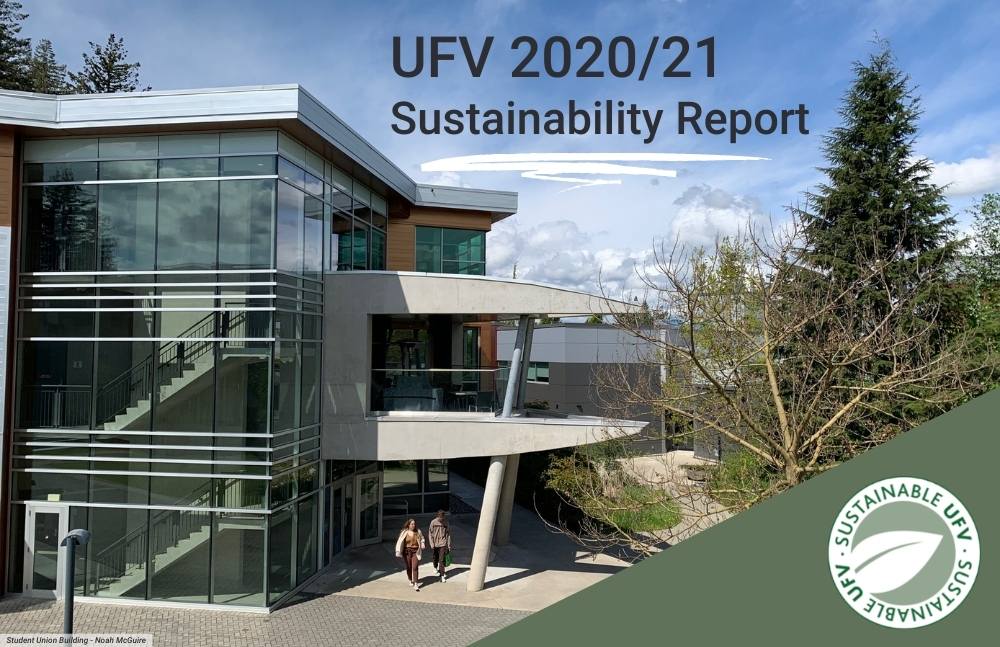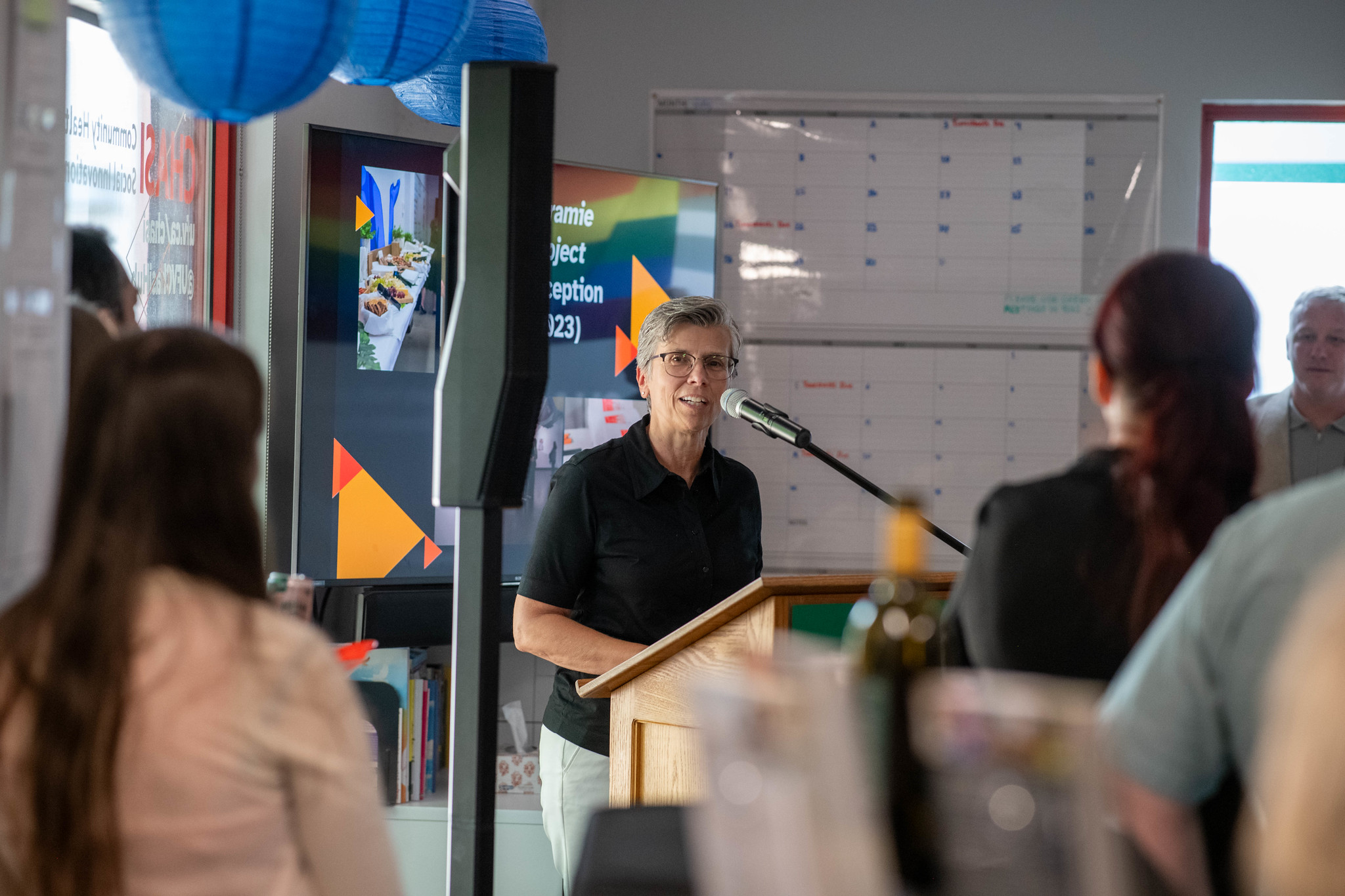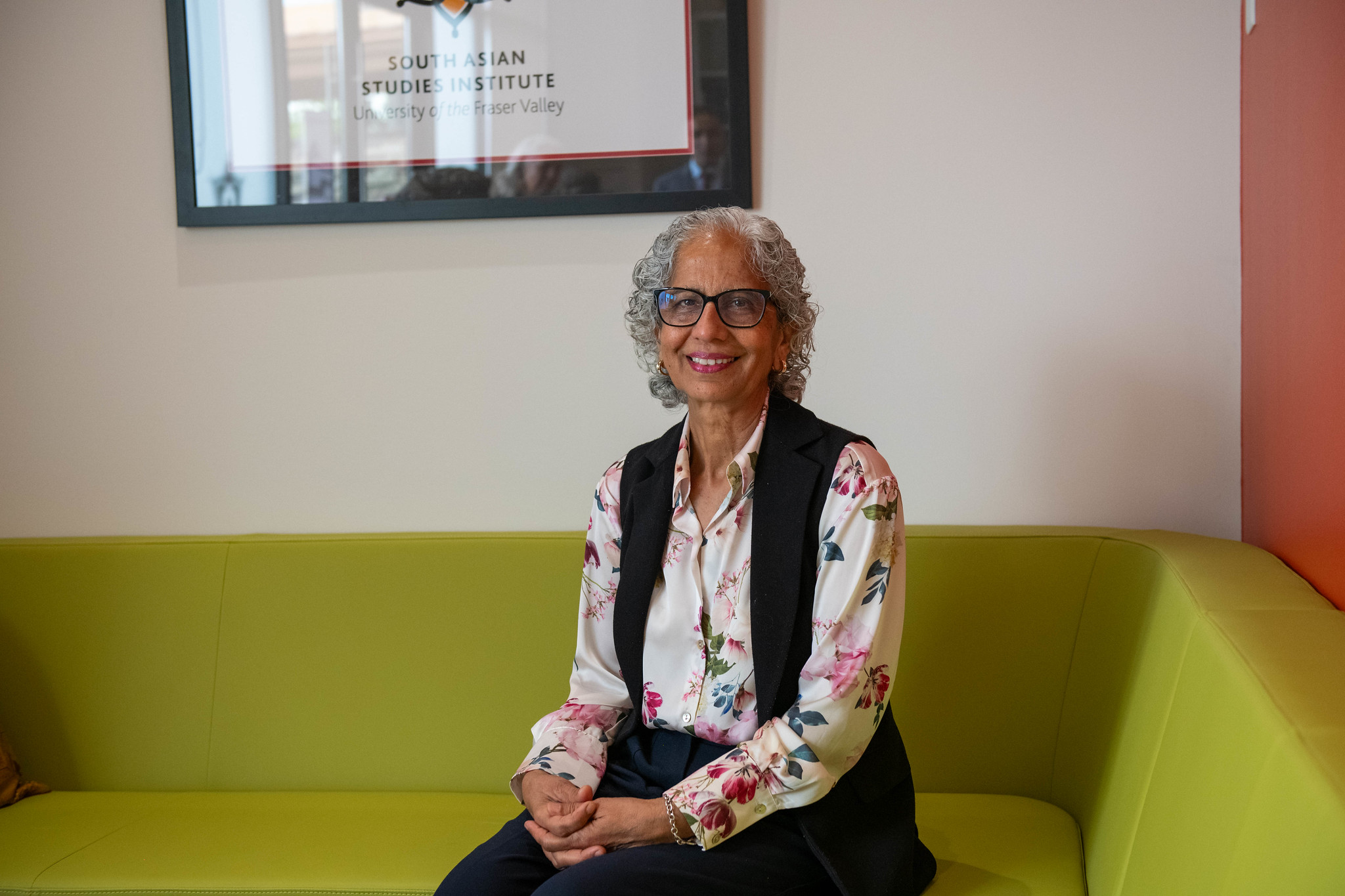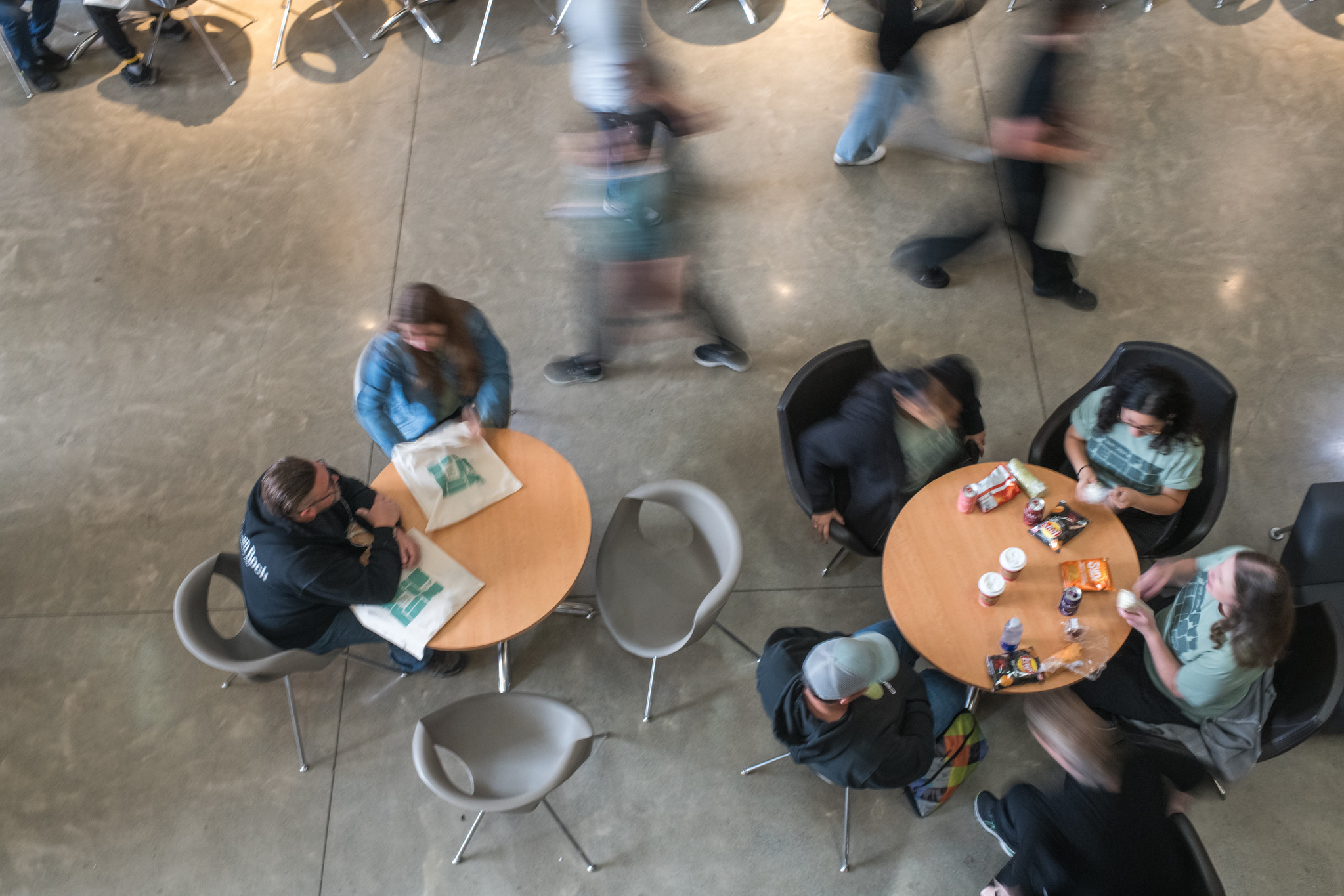UFV 2020/21 Sustainability Report: Collaboration and good intentions drove change in a challenging time
Sustainability matters on university campuses. But not in a check-a-box, contrived kind of way. Progressive academic institutions globally have prioritized implementing strategic sustainable initiatives into their current and future plans.
In a 2021 study conducted by the Princeton Review, 66 percent of prospective students said a college’s commitment to environmental issues would contribute to their decision to attend.
“Younger generations have made it very clear that they want to see institutions and organizations aligned with their own values, and sustainability practices are a huge part of that,” says Jennifer Martel, sustainability coordinator, Office of Sustainability. “They want to be part of a conscious educational community that they can be proud of.”
Guided by the UN’s 17 Sustainable Development Goals (SDG), UFV’s commitment to being at the forefront of sustainable practices has been evident in the past few years, from campus-wide water-fill stations, to solar-powered buildings, to community support amid the floods.
Results of these accomplishments are documented in the newly released UFV 2020/21 Sustainability Report.
“Sustainability is such a broad and nebulous field, and it can be really hard to understand what that work looks like at a university,” Martel says. “This report showcases the many individuals and groups that drove significant sustainability changes over a challenging past few years, and their long-term impact.”
Four key findings of the report:
Importance of collaborations
A large number of the projects included in the report were only possible through external and internal partnerships. There’s a reason that there are entire SDG goals dedicated to Partnerships; we must work together in order to create a just, sustainable society for all.
Sustainability champions around every corner
Sustainability does not fall on the shoulders of one department. There are a variety of individuals and departments at UFV championing sustainability from the SLUEC to the School of Business to the Theatre department.
Untapped potential to be great
Despite the recent strides, there is room to get better. UFV has the potential to be a leader in sustainability for the community if it continues to expand and increase its initiatives, collaborate with the community and allocate resources to drive sustainable solutions.
Sustainability efforts must continue to be holistic
The three pillars of sustainability (social, environmental, and economic) are intertwined and embedded in one another. UFV cannot focus solely on one pillar while neglecting the others, otherwise, the whole system collapses. Creating a better future requires a holistic approach of working towards improving social, environmental, and economic development together in a true multi-faceted approach, working with them as a system instead of separate entities.
While improving sustainability has long been important to UFV, many of the initiatives were ad-hoc by different groups and lacked university-wide cohesiveness. UFV’s Office of Sustainability, which became an official UFV department in 2021, was established to offer a more coordinated, intentional, and strategic approach to sustainability.
And, it came at a much-needed point. In recent years that have been marred by climate change, a global pandemic, economic downturns, and a contentious political climate, the people at the Office of Sustainability came to work every day to create meaningful changes and support, no matter how big or small.
Martel admits the past few years presented challenges and kept her office busy. But she also sees a positive. For every unfortunate event, every setback that climate change or the pandemic brought, she noticed an increase in engagement and willingness for students, staff, and faculty to get involved.
“We’re seeing so many people, especially the youngest generations, are really feeling that eco-anxiety, that climate-anxiety, and giving them some sort of outlet to help drive the change necessary to combat the challenges society is facing is important for reducing that stress,” says Martel. “Even in the toughest times, people truly want to help create change and create a better world.”





